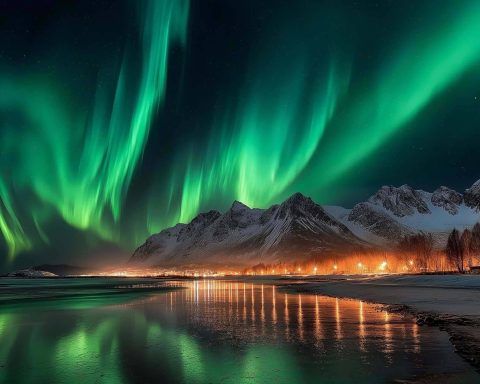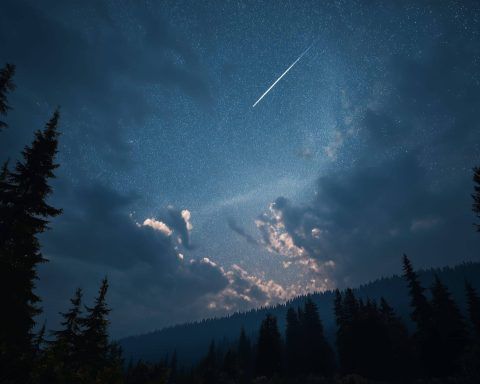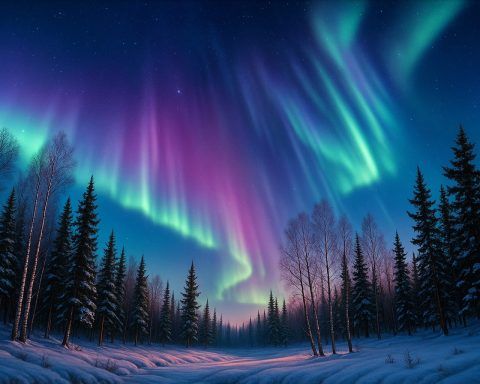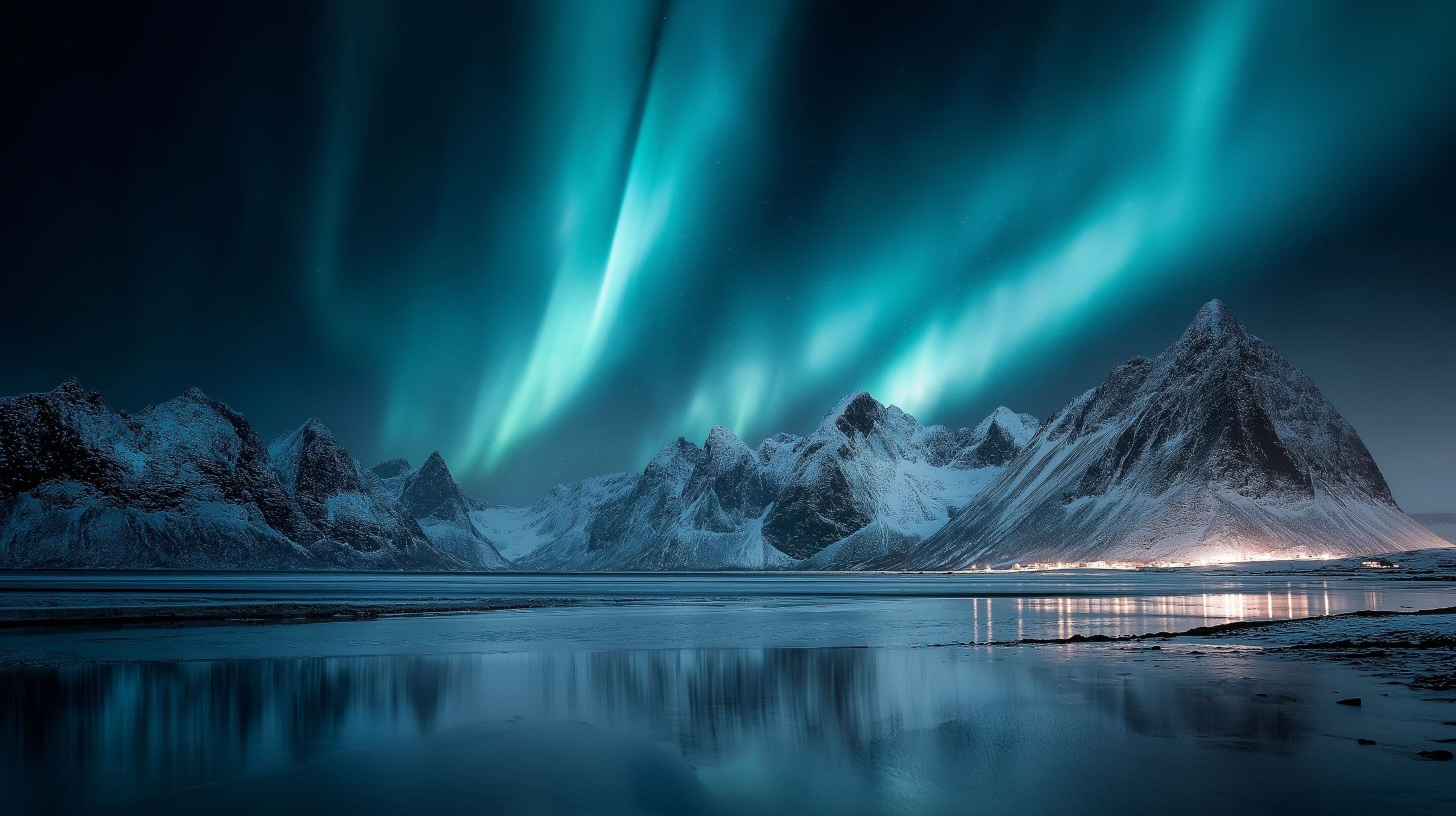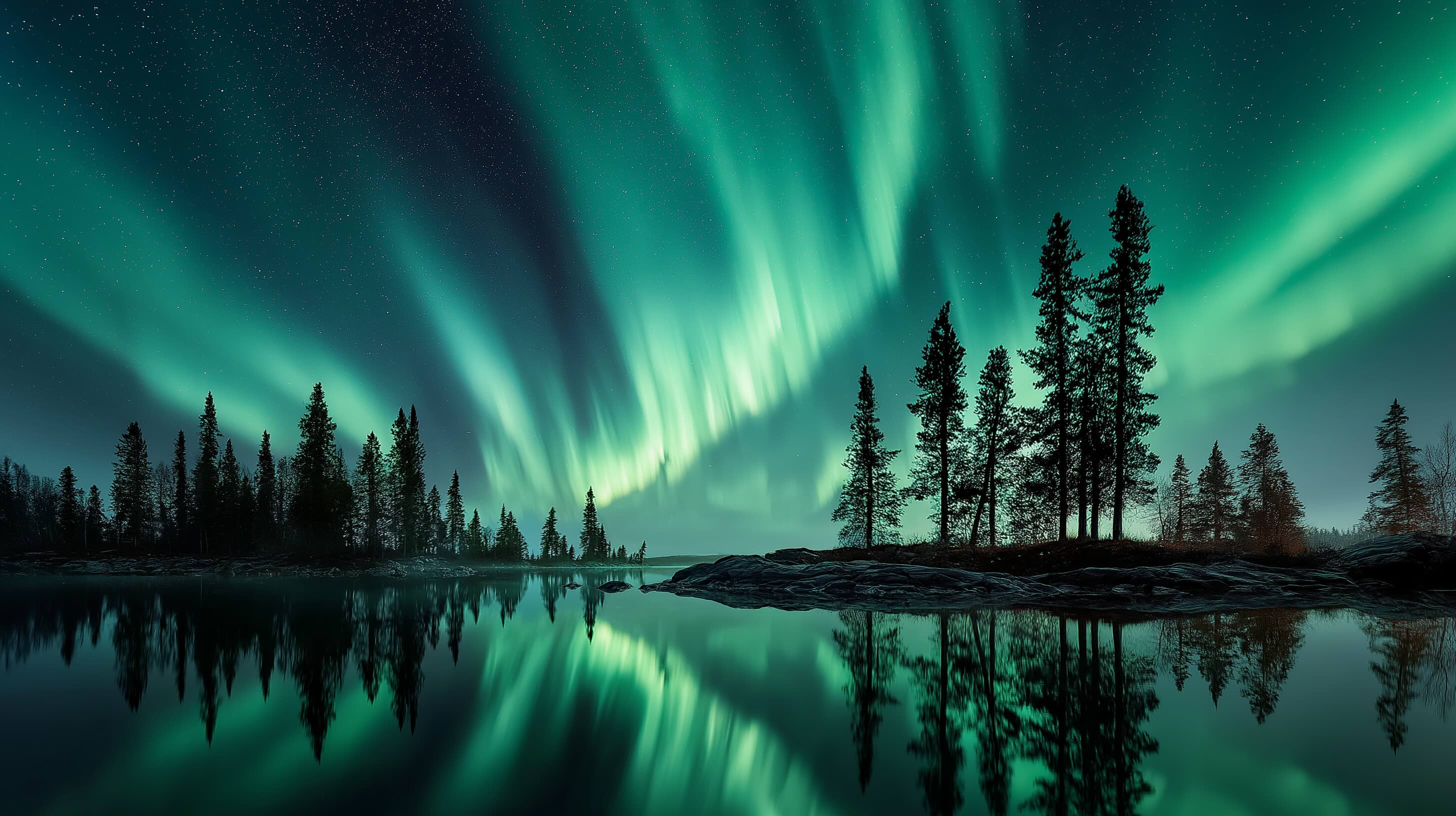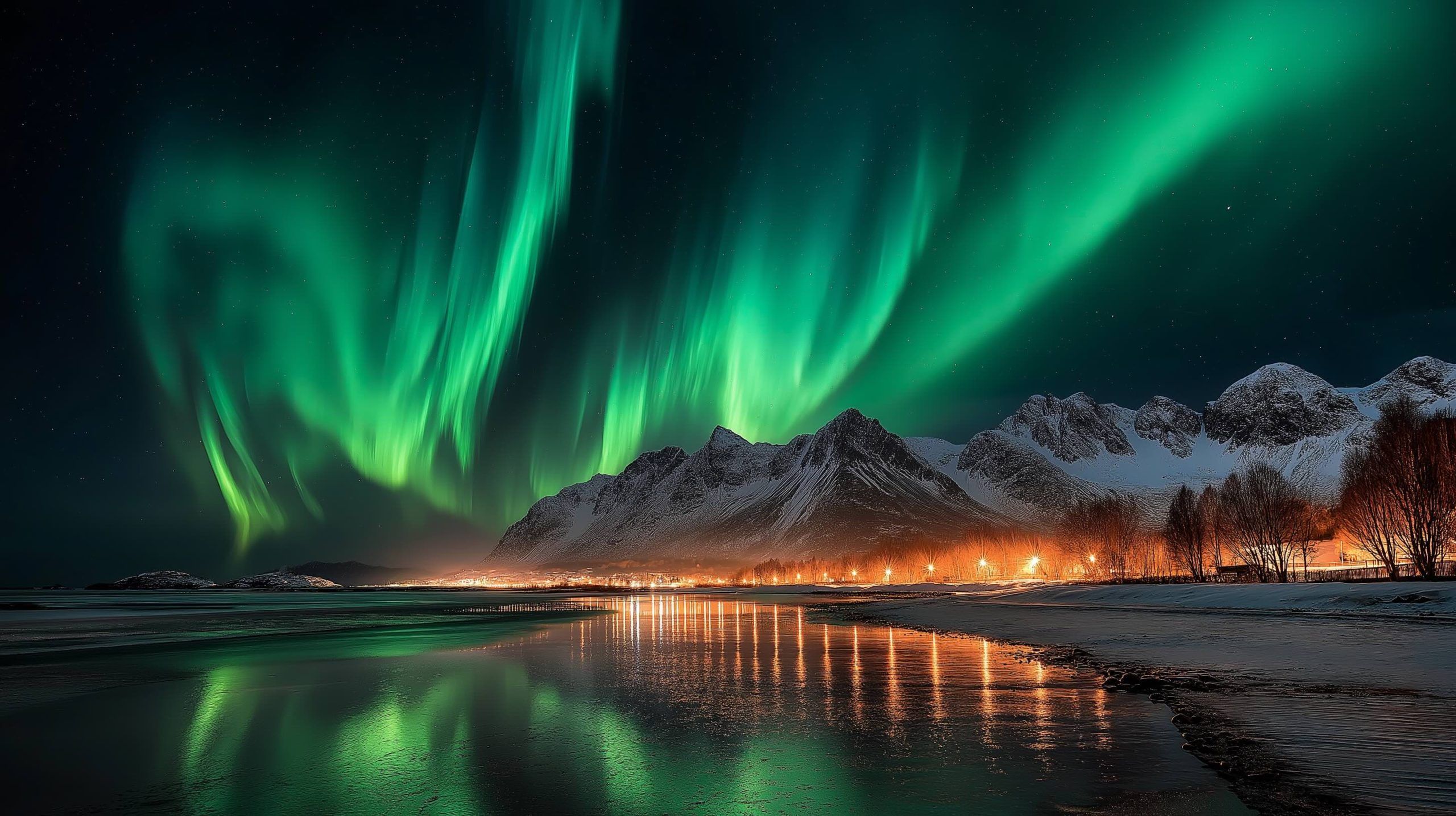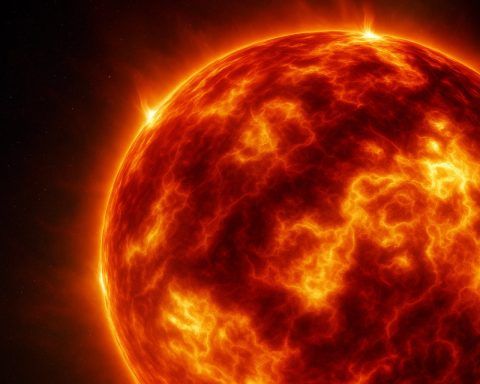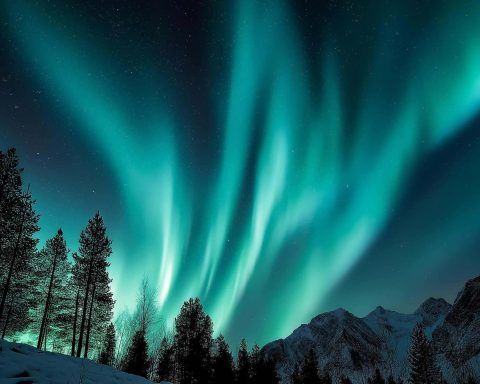
G3 Geomagnetic Storm Watch: Will the Northern Lights Be Visible Tonight? (December 8, 2025)
Published: December 8, 2025 A powerful burst from the Sun has set up a Strong (G3) geomagnetic storm watch for tomorrow, December 9, 2025 – and many skywatchers are asking whether the Northern Lights could already be visible tonight, Monday,
